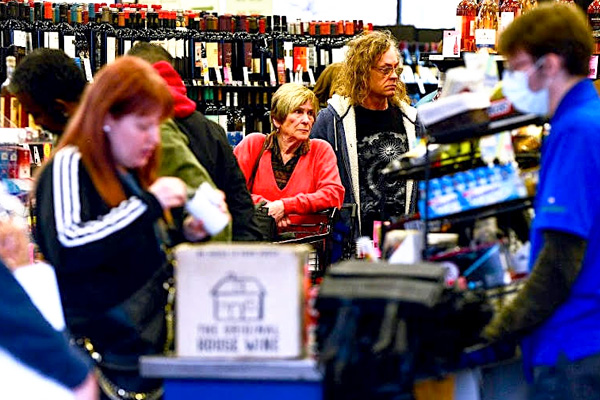Will Rehabs Have Enough Beds? –
March 30, 2020 – “Social support and active involvement in the program both play a huge role in recovery,” Hulkow said. “In the absence of these, ‘isolation’ and ‘emotional distress’ can be significant ‘triggers’ to relapse. Feelings of depression, anxiety, fear, uncertainty, loneliness and boredom can easily escalate particularly during this time.” But, Hulkow said, there are still ways to lessen the risk, even in the days of social distancing and quarantine.
“Recovering individuals can utilize different ‘tools’ to cope during this time such as: staying virtually engaged in the program, reading recovery-oriented literature, practicing prayer and meditation, engaging in healthy hobbies when possible, journaling thoughts and feelings, completing arts and crafts projects, being creative and staying present,” she said. “Supporters can contribute by creating a safe and healthy environment around the home; creating opportunities for open and honest communication and actively listening,” she said, adding that setting and maintaining clear boundaries as well as staying alert to notice warning signs of a potential relapse can also help. And for those who have limited access to smartphones or other technology, Hulkow pointed out that there are still helplines and hotlines available to offer support, as well as workbooks available that support recovery and are still used by AA and NA. Hulkow also advised turning to resources offered by the Substance Abuse and Mental Health Services Administration and the National Institute on Drug Abuse for support.



